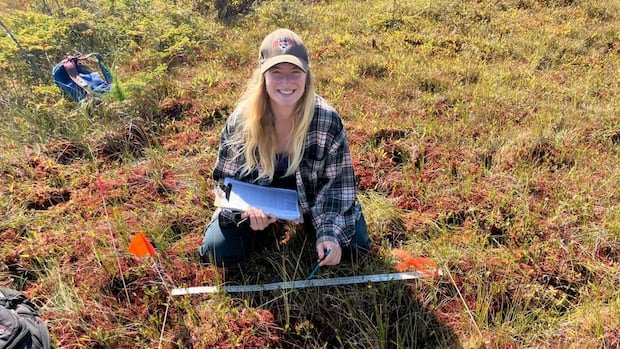Kathryn McRuer-Nicol, a resident of Montreal, shares her experience in a salt marsh in Gaspésie, Quebec, while conducting her master’s research. Despite the scorching heat of 32°C, which felt like 43°C with humidity, she and her team ventured into the marsh to collect air samples and environmental data. The study aimed to assess how an invasive plant, the European common reed, was impacting the carbon storage capacity of the salt marsh, crucial for combating global warming.
During the fieldwork, some team members, including a senior advisor and two high school students, experienced symptoms of heat exhaustion due to the extreme weather conditions. Despite the challenges, the team persevered in collecting data but had to take frequent breaks to cool off in the marsh. Dehydration, fatigue, and heat-related illnesses became prevalent, underscoring the harsh reality of climate change.
McRuer-Nicol reflects on her past encounters with the effects of climate change, such as the severe wildfires in 2023 that led to respiratory issues. She acknowledges the growing impact of climate change on ecosystems and human health, emphasizing the urgent need for adaptation strategies in the face of environmental crises.
As a scientist, she grapples with the emotional toll of witnessing firsthand the consequences of climate change on both the environment and human well-being. She highlights the importance of scientists sharing their concerns openly with the public to foster greater awareness and action towards mitigating the impacts of the climate crisis. Moving forward, she urges for a more proactive and collaborative approach to addressing the challenges posed by environmental changes.
In conclusion, McRuer-Nicol’s experience underscores the critical need for a collective response to climate change, emphasizing the role of scientists in communicating the urgency of the situation and advocating for sustainable solutions.

